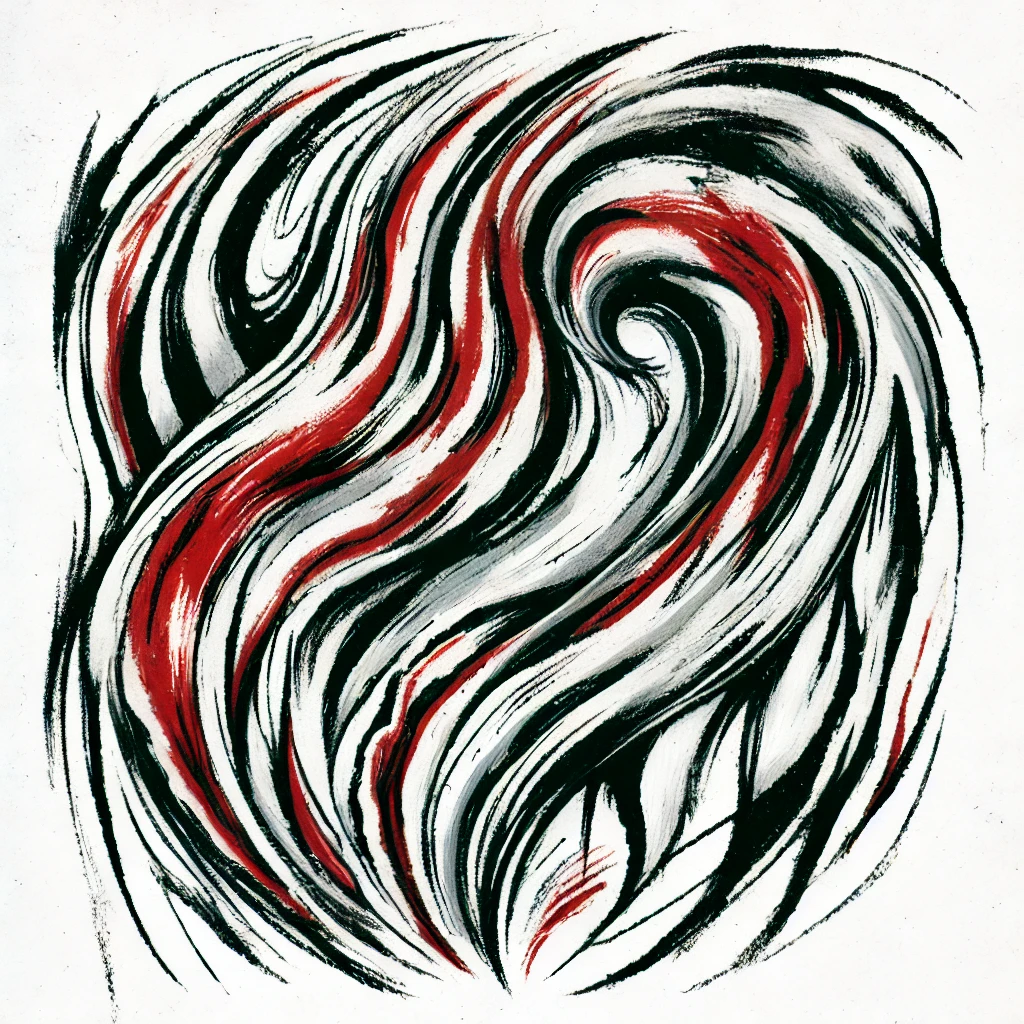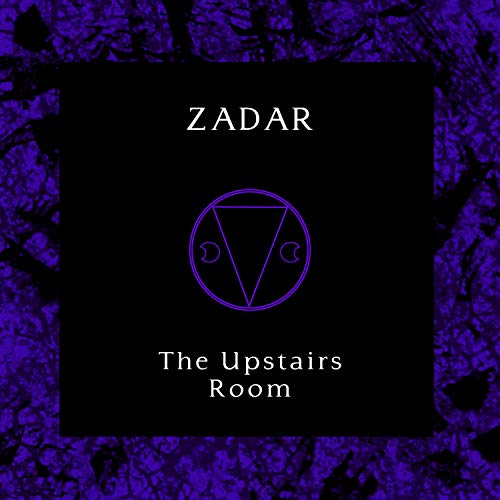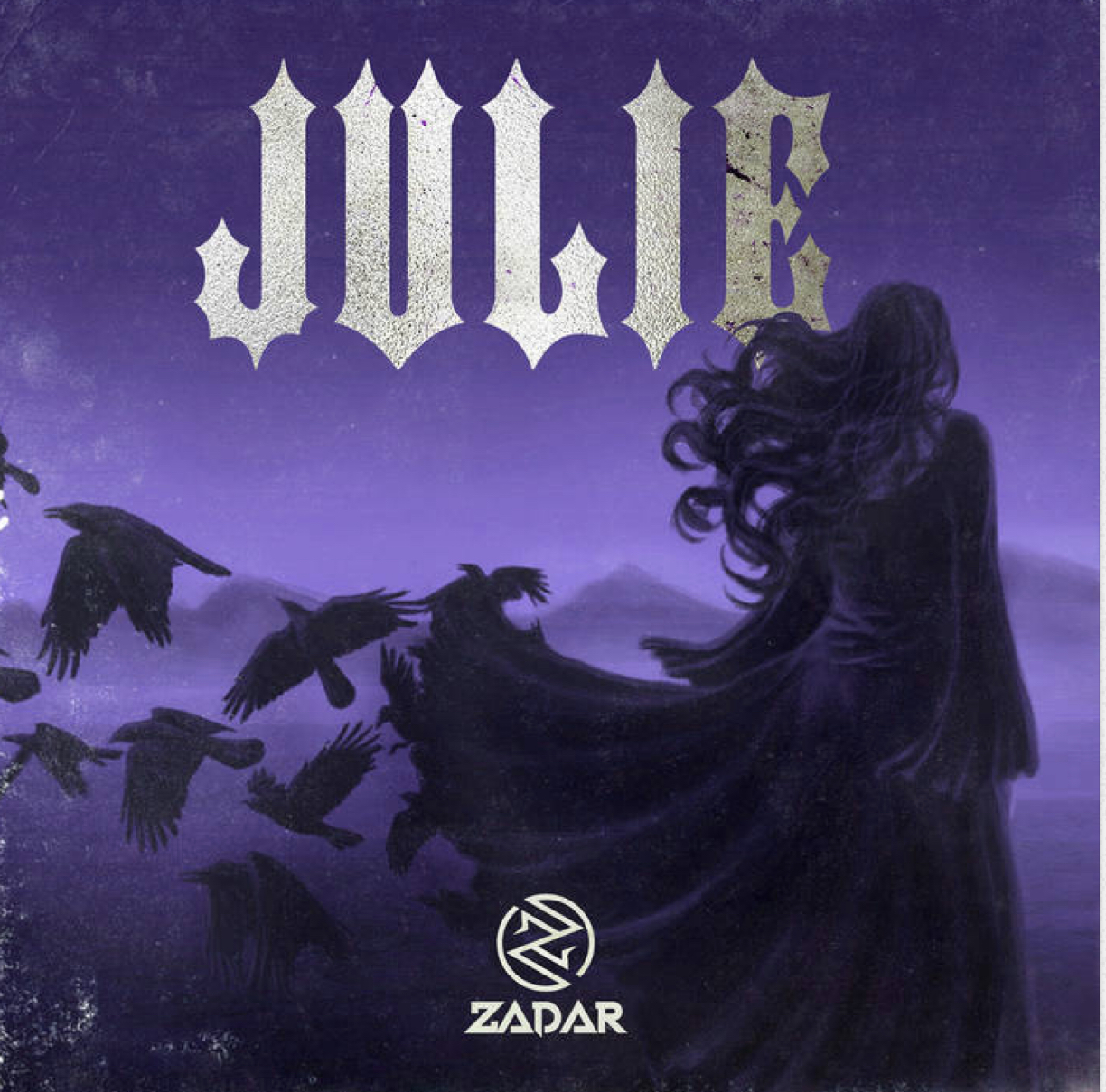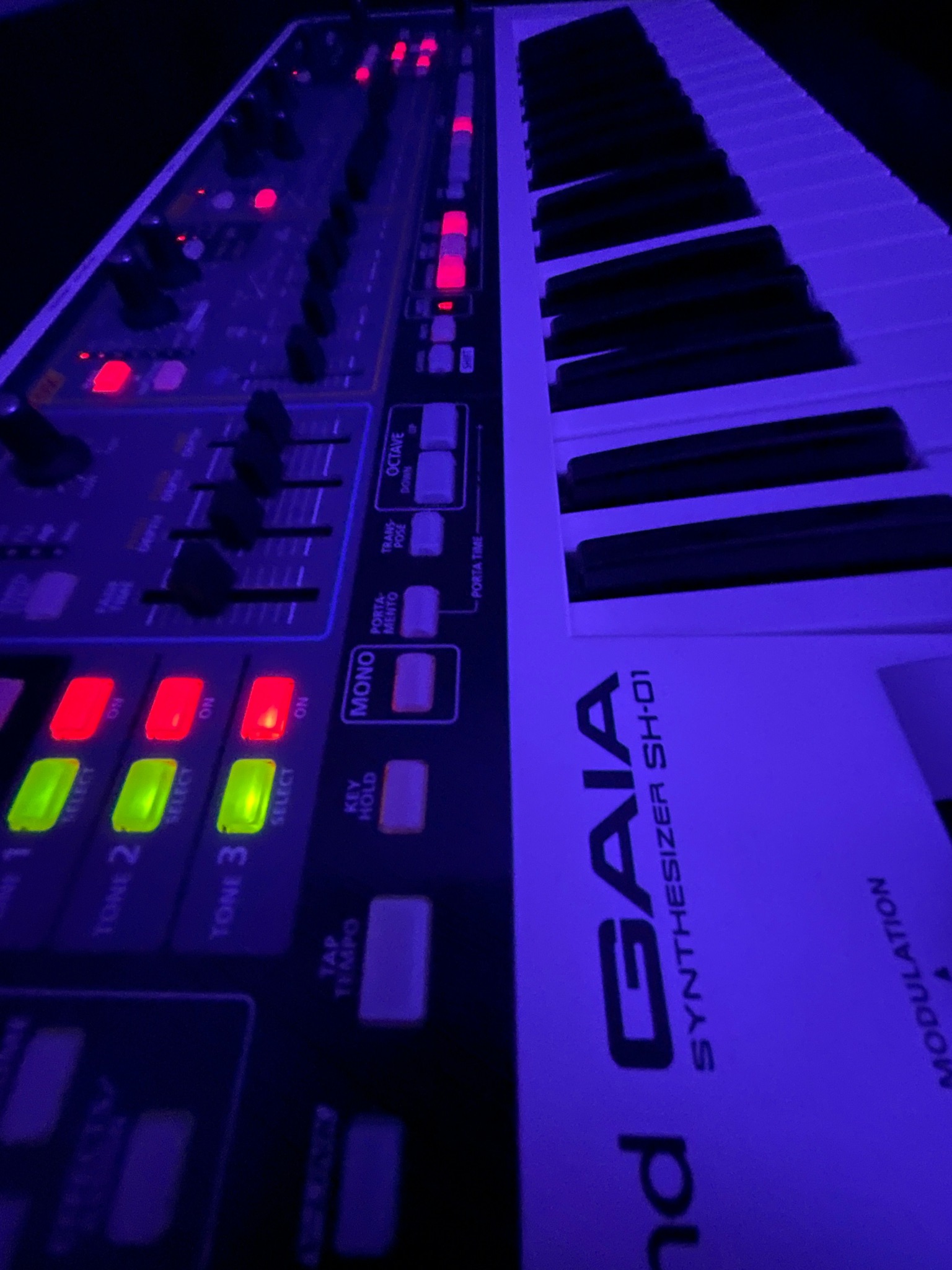We were lucky to catch up with Antonio Giovanni recently and have shared our conversation below.
Alright, Antonio thanks for taking the time to share your stories and insights with us today. Can you talk to us about how you learned to do what you do?
Learning to do what I do was a process of immersion. I started with an obsession—spending hours just playing and messing around with sounds until something felt right. I didn’t go the conventional route, so it was a lot of trial and error, and that’s where most of my learning happened. I’d listen to tracks I loved, dissect them, figure out why they hit me a certain way, and try to recreate that feeling with my own twist.
If I could go back, I’d have sought out mentors or even just more musicians to collaborate with. Working alone gives you freedom, but it can also slow down the learning curve since you’re only seeing things from your own perspective. Just having someone to bounce ideas off of, or to show you a shortcut in production or technique, would have sped things up.
The most essential skills for me have been patience and a willingness to experiment. The technical stuff matters, of course, but without patience, you never get to the place where your sound truly resonates with who you are. And the willingness to try new things, to mix genres or push through the frustration when a track isn’t working—that’s what lets you grow.
One big obstacle was my own mindset. I’d get stuck in perfectionism, overthinking every detail, which was exhausting. It kept me from finishing projects or putting work out there. I had to learn that imperfection is part of the craft; it’s often what makes a track feel human and real. Another obstacle was not always having access to the right equipment or resources early on. But in a way, that limitation forced me to be creative, to make do with what I had, which I think ultimately made me a better artist.


As always, we appreciate you sharing your insights and we’ve got a few more questions for you, but before we get to all of that can you take a minute to introduce yourself and give our readers some of your back background and context?
Sure, I’d be glad to share my story.
I go by Antonio G, but some might know my music project, ZADAR. My journey into music started in my late teens when I got my first guitar. I remember spending hours just trying to understand the instrument, almost as if it held some hidden language. I didn’t start with a grand plan of entering the music industry—it was more like I got pulled in. I started experimenting, writing my own songs, and layering sounds that resonated with me. That curiosity eventually became my craft.
Today, I create music that blurs genre lines—a mix of Gothic Rock, Synth Pop/EBM, and Post-Punk sounds, with elements of ambient and atmospheric textures. In addition to ZADAR, I provide mixing, sound design, and production for other artists, particularly those looking to bring a certain depth and character to their sound. I work on tracks that tell a story, that create a feeling. The problems I solve are sometimes unspoken—helping artists find that unique tone that’s hiding in their work, or crafting a sonic space that’s immersive and deeply personal. My music, and the music I help others make, is often cinematic and layered, something you can get lost in.
What sets me apart is my approach. I’m not looking to chase trends or recreate what’s out there. I try to find a sound that feels honest to me, and I work with artists who are looking to do the same, like with my collaboration with Isa Nielsen on my track Halos On The Moon. I believe in authenticity over perfection, in finding beauty in the imperfections, and that’s what I bring to every project.
What I’m most proud of isn’t any single track or piece of work—it’s the connection that listeners and collaborators feel with the music. Knowing that something I made or helped create resonates with someone, that it captures a moment or emotion for them, means more to me than anything.
For anyone discovering ZADAR for the first time, I’d want them to know that this isn’t just music—it’s a space, an experience. It’s a journey through different sounds and moods, and I hope it’s something people can feel a part of. I want fans, clients, and listeners to know that they’re getting something honest from me, something that’s been crafted with intention, and that I’m constantly pushing to create work that feels alive and real.


Is there something you think non-creatives will struggle to understand about your journey as a creative? Maybe you can provide some insight – you never know who might benefit from the enlightenment.
Absolutely. One thing I think non-creatives might struggle to understand is that this journey isn’t linear. Unlike other paths where you can measure progress with clear milestones, being a creative is a mix of breakthroughs and dead ends, and you often can’t tell which is which until you’re further down the road.
For me, creativity isn’t something that flows all the time. There are stretches where ideas come together, and then there are long periods where nothing feels right, where you’re questioning your direction or your abilities. And that can be hard to explain to someone who’s used to seeing constant progress or a clear path forward. There’s a lot of self-doubt in this process, a lot of days where you feel like you’re working in the dark, hoping you’re headed somewhere meaningful.
Another thing is that the creative process is deeply personal. Every track, every project, has pieces of you in it, and it can be hard to put that out there. It’s a vulnerable place to be, especially since people will interpret and judge what you’ve made based on their own perspectives, without knowing the whole journey behind it. But that’s also the beauty of it; people find their own meaning in what you create, and sometimes that’s even more powerful than what you originally intended.
For anyone who’s not in a creative field but wants to understand, I’d say patience is key. Creative work isn’t just about end products; it’s about the process, the failures, and the small victories along the way. Trusting that each step, even the uncertain ones, is part of getting to something real—something that resonates—is what keeps us going. And I think that’s a mindset anyone can benefit from, regardless of what they do.


What can society do to ensure an environment that’s helpful to artists and creatives?
In my view, one of the biggest ways society can support artists and a thriving creative ecosystem is by creating more accessible platforms and spaces for creative work to be shared, experienced, and valued. Too often, creativity is seen as a luxury or a side interest rather than as essential. But art and creativity aren’t just entertainment—they’re how people connect, understand each other, and process the world.
Funding and grants are key. For so many artists, especially those just starting, the financial barrier is massive. Offering grants, residencies, or even affordable studio spaces could make a huge difference in giving people the freedom to experiment and grow without the constant pressure of making ends meet. It’s about giving creatives a chance to focus on their craft without having to sacrifice quality for commercial appeal.
Another part of it is education. Schools could be doing so much more to encourage creative thinking, not just as a subject but as a core skill that’s valuable in any field. Supporting music, art, and performance programs—especially in public schools—means fostering creativity from an early age and teaching kids that creative pursuits are worth exploring.
Finally, as a society, I think we need to get better at seeing the value in all kinds of creative work. Sometimes people look at art or music as something that only ‘makes it’ if it’s commercially successful, but there’s so much more to it than that. Art has a value that’s deeper than profit, and by recognizing that—by going to local shows, supporting indie creators, or even just sharing someone’s work—we’re helping build a culture that respects and values creativity. A thriving creative ecosystem starts with an appreciation of art in all its forms and with giving creators the respect and support they need to keep doing what they do.
Contact Info:
- Website: https://zadarofficial.com
- Instagram: https://www.instagram.com/zadarofficial.exe/
- Twitter: https://twitter.com/_zadar?lang=en
- Youtube: https://www.youtube.com/channel/UChkhxn3iEwKJwJ4eq_4x7Uw
- Soundcloud: https://on.soundcloud.com/BfSpZeH2hGNkPMjy5
- Other: Spotify: https://open.spotify.com/artist/1T6JwcFrSOgYOJkKguB7So?si=hiyzokoMSoOgiKTelvtfKQ


Image Credits
Cindy Landmesser Photography


